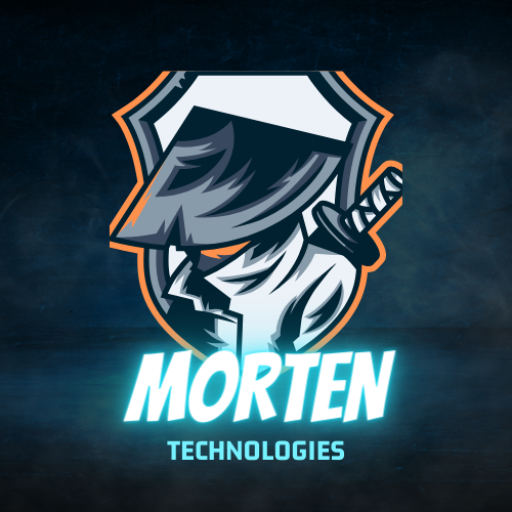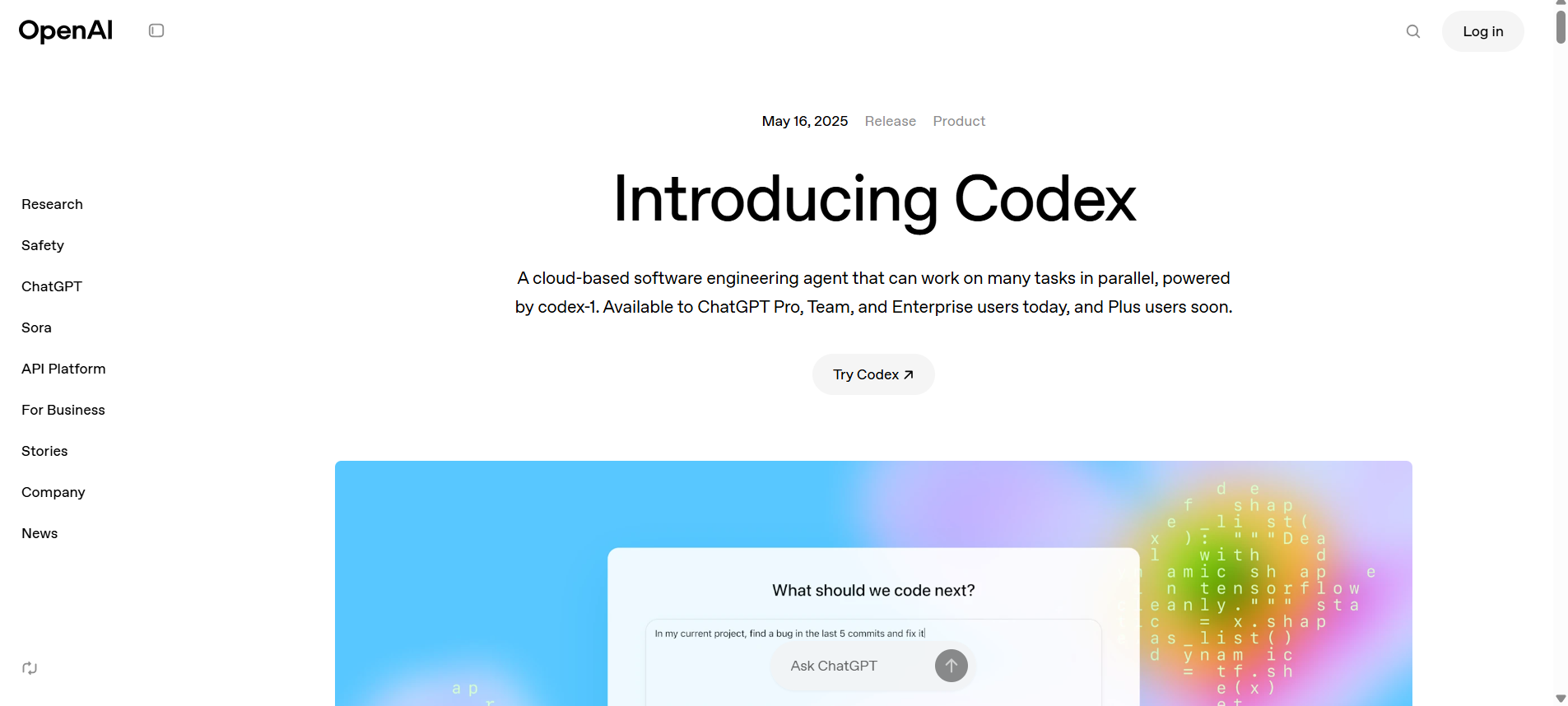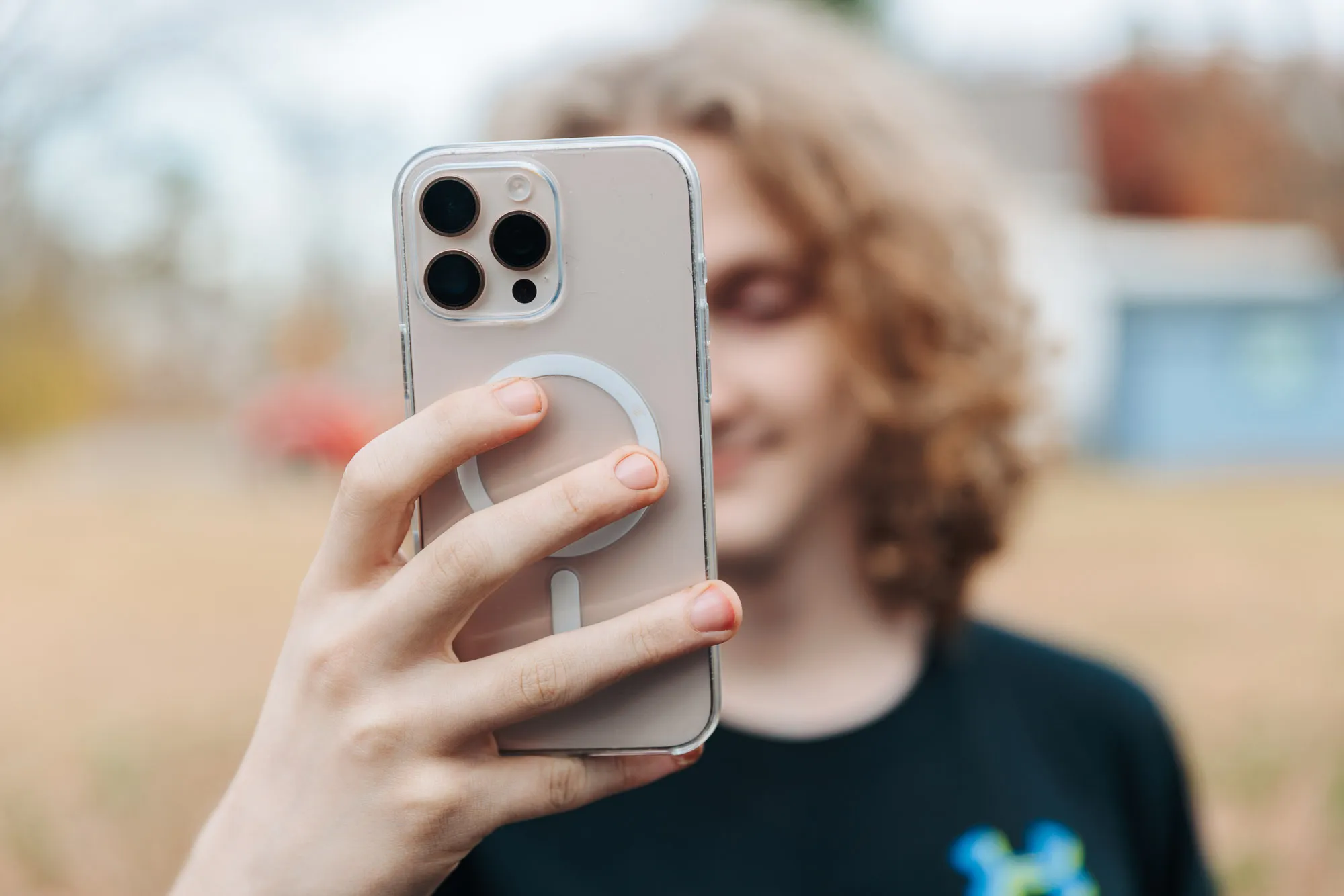Neuralink, an Elon Musk-backed brain-computer interface business, is celebrating 100 days since its first patient underwent revolutionary surgery. Noland Arbaugh, a quadriplegic, received the pioneering operation at the Barrow Neurological Institute in Phoenix, Arizona. Since then, the Neuralink implant has significantly improved Arbaugh’s quality of life.

Before the procedure, Arbaugh used a mouth-held tablet stylus. This typically resulted in discomfort and weariness. But with the Neuralink implant, he can now manage his laptop from a variety of angles, even lying down in bed. This increased independence enables him to participate in a wide range of digital activities, from playing online games to browsing the internet, without assistance.
“The most important aspect of comfort is the ability to use the link while lying in my bed. It allows me to live on my own schedule, without having someone change me during the day.” Arbaugh expressed gratitude for the newfound independence that technology has provided him.
Arbaugh’s narrative is part of the PRIME Study, a clinical trial designed to establish the Neuralink implant’s safety and effectiveness in everyday life. Researchers remotely monitor the device’s technical performance and examine how it affects participants’ quality of life. Arbaugh has been actively contributing to research sessions for up to 8 hours per day on weekdays, and for personal use and leisure for more than 10 hours on weekends.

How Is the Neuralink chip working?
During the first research session, Arbaugh achieved a new world record for human brain-computer interface cursor control at 4.6 bits per second (BPS). Since then, has topped 8.0 BPS, demonstrating the amazing potential of the technology. Neuralink engineers are constantly refining the recording algorithms and user interface to improve performance and increase capabilities. Their long-term goal is to enable functions like text entry and control of robotic limbs and wheelchairs in the future.
As Neuralink celebrates this momentous milestone, the firm remains committed to its aim of restoring autonomy to people with unmet medical needs. The success of Arbaugh’s operation and subsequent improvement in quality of life provide hope to many others experiencing similar issues.
With each passing day, Neuralink pushes the frontiers of what is possible, giving people with neurological diseases fresh hope and independence.








Leave a Reply